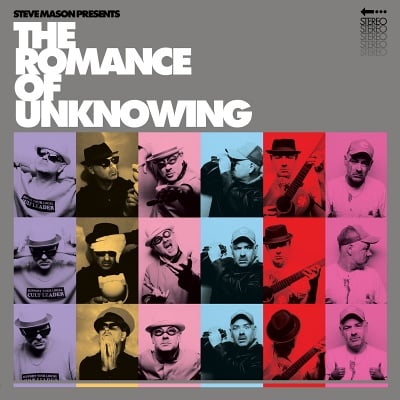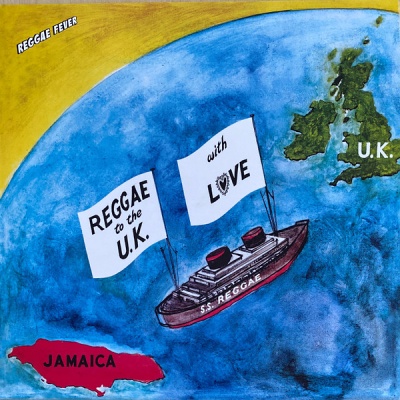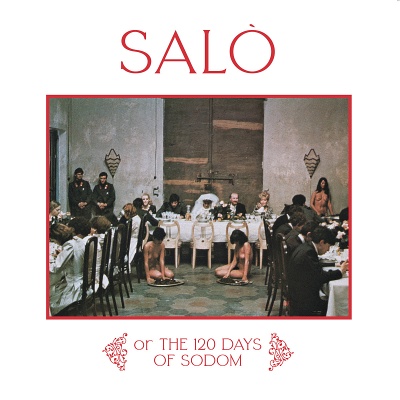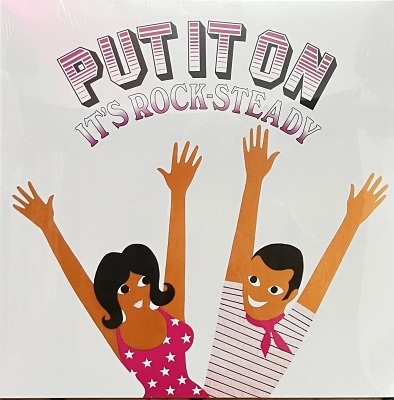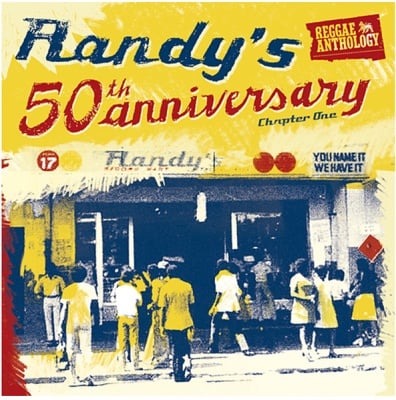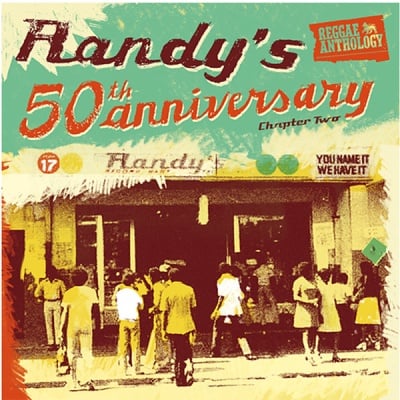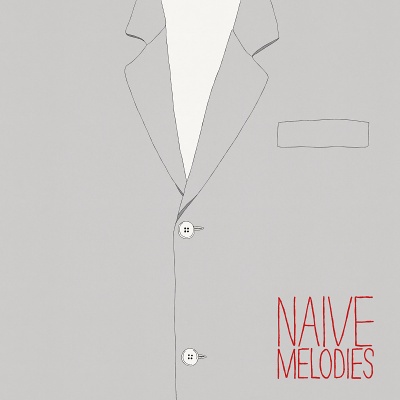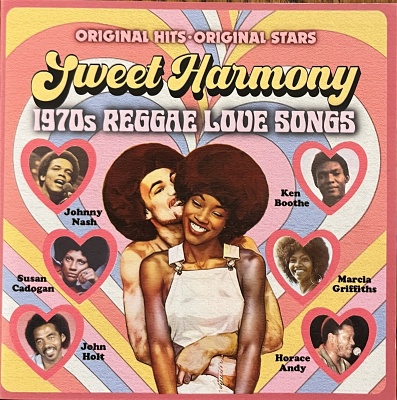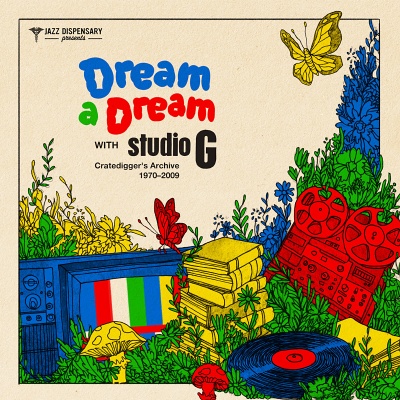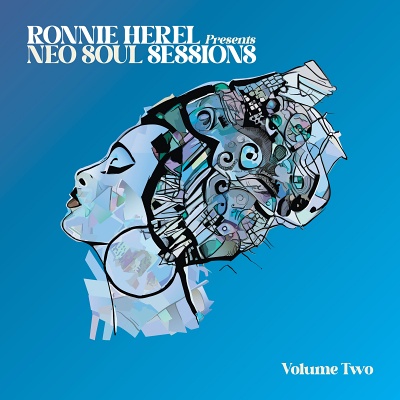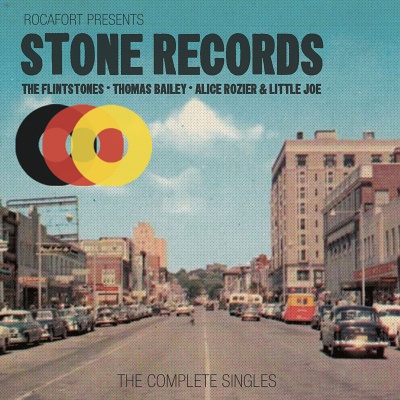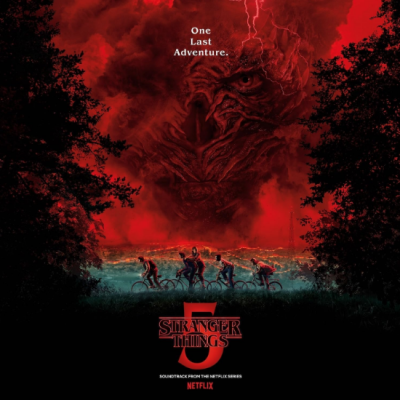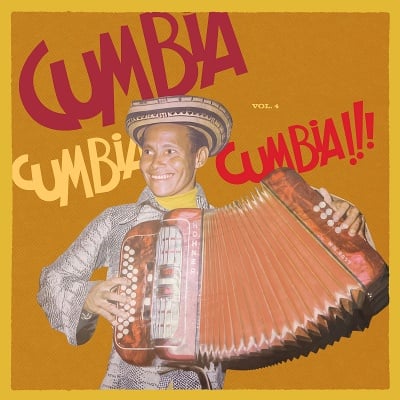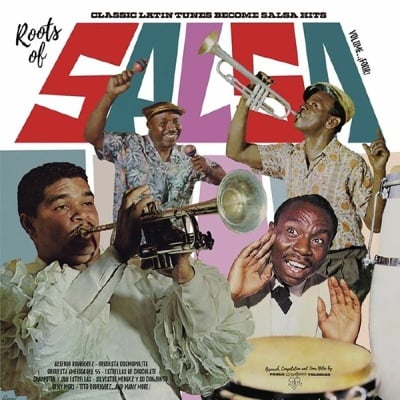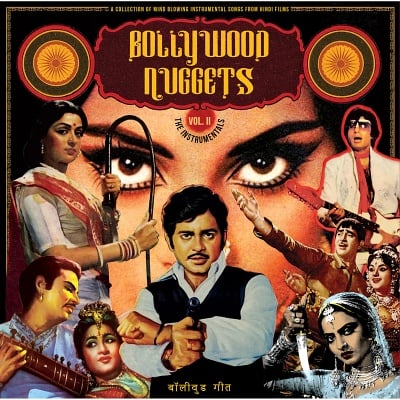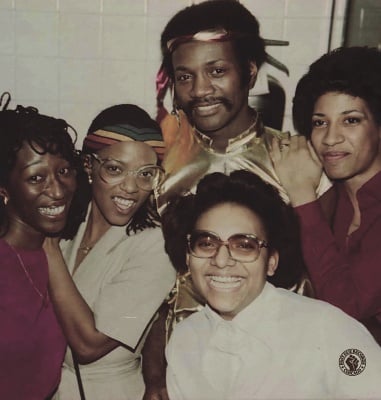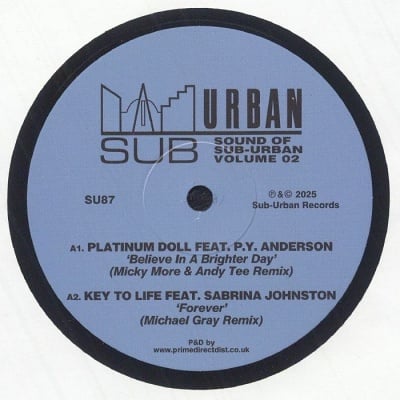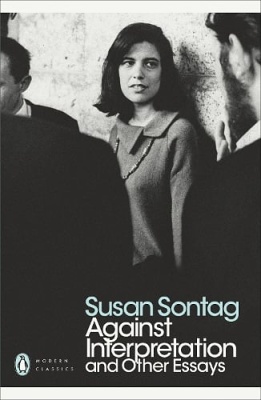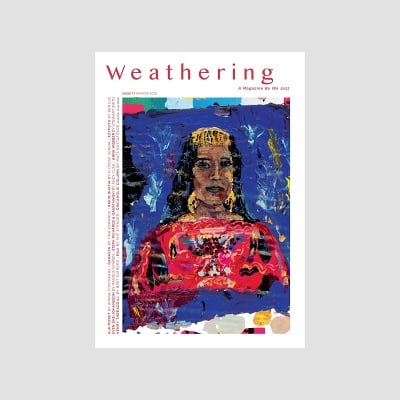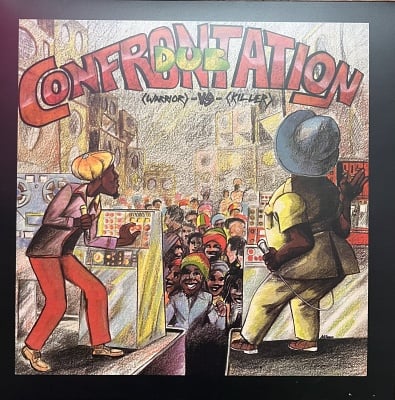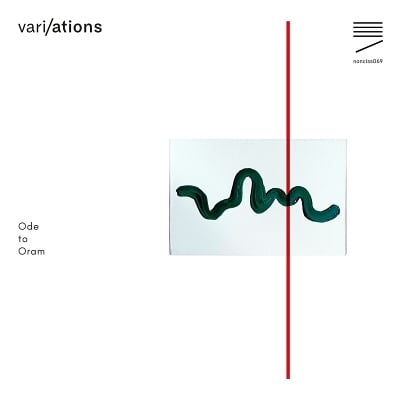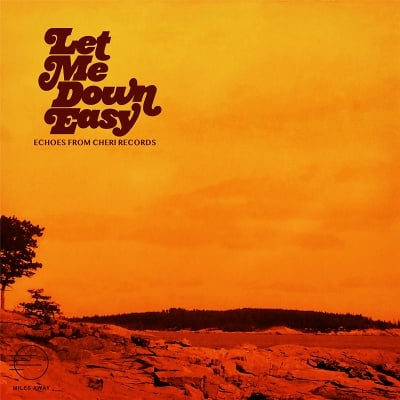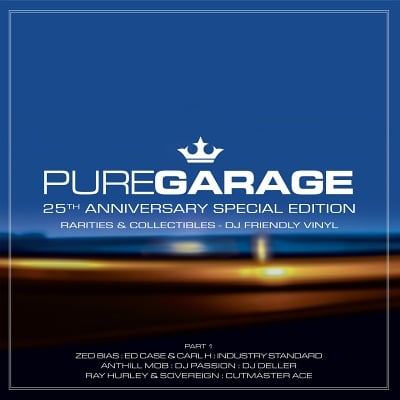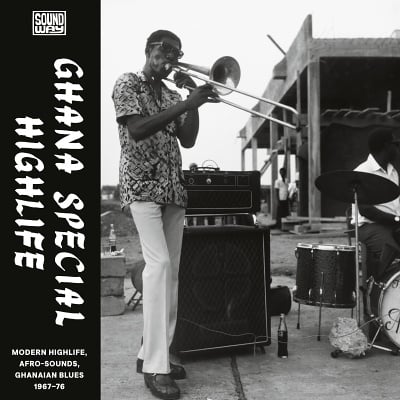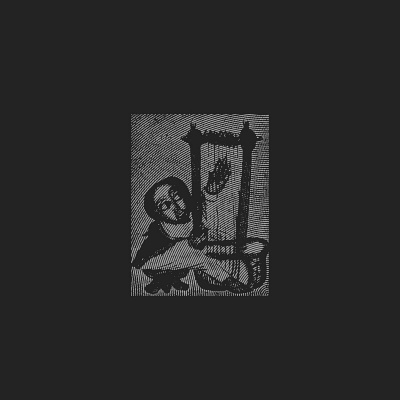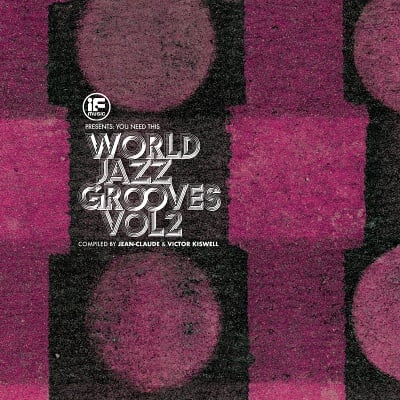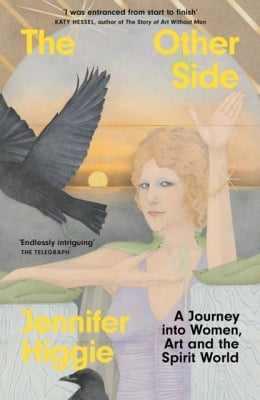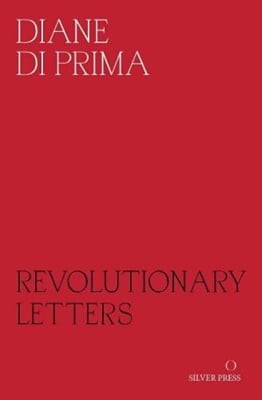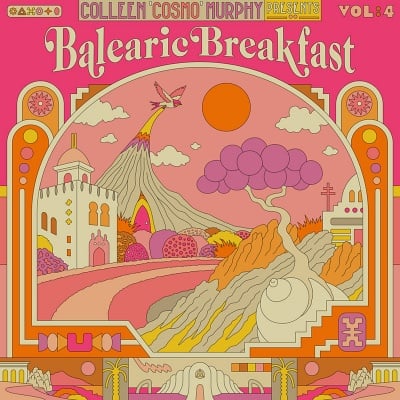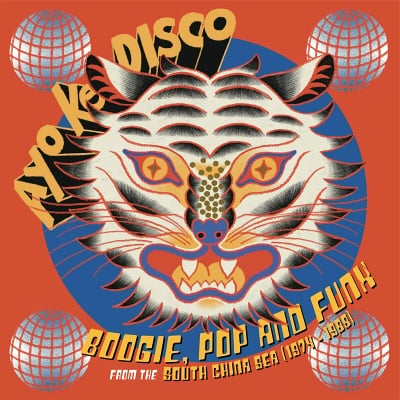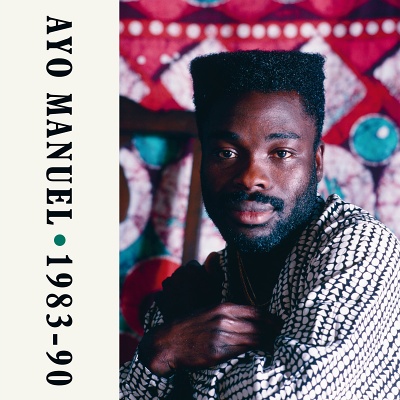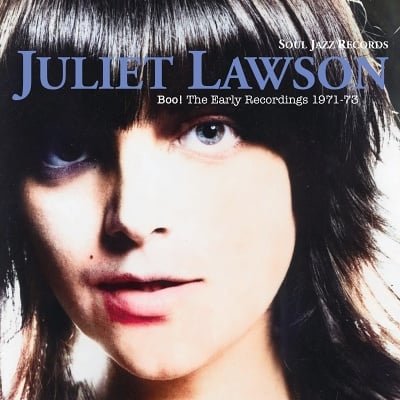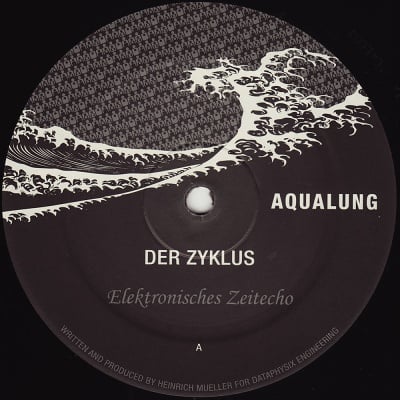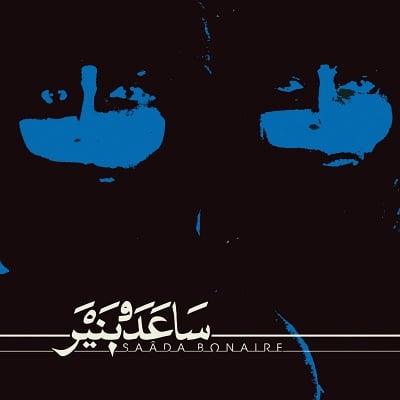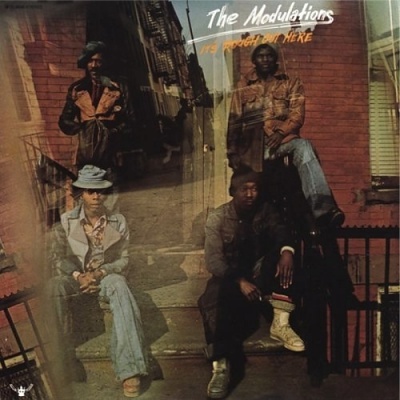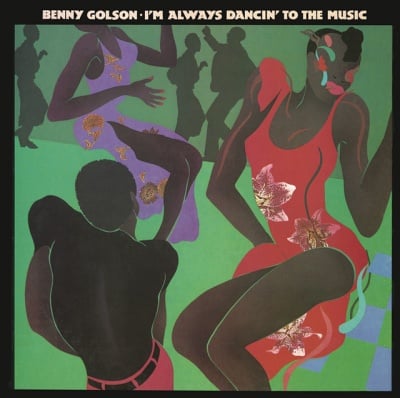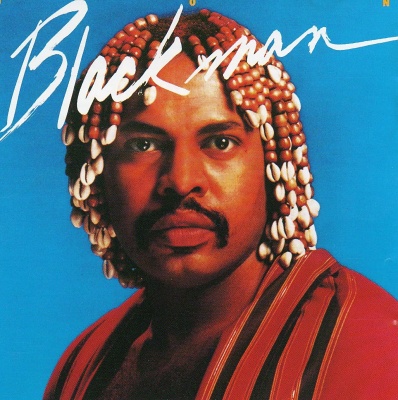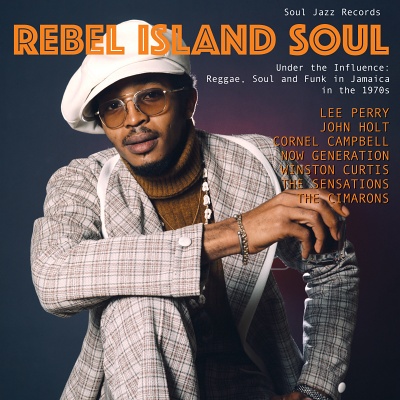
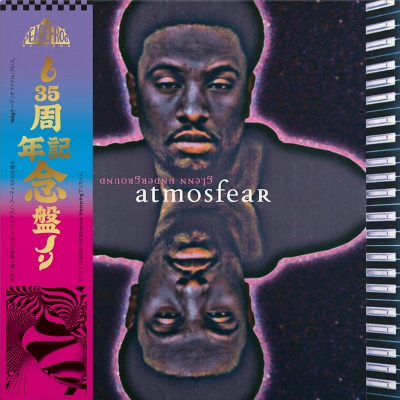
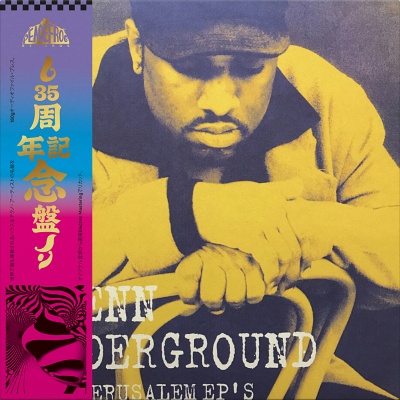
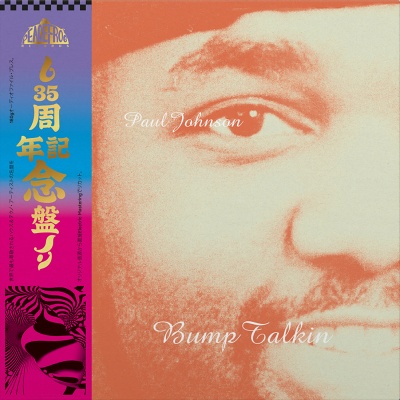
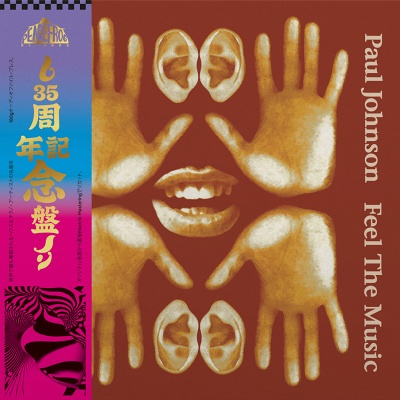
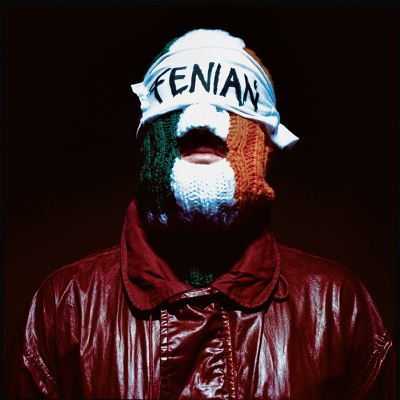

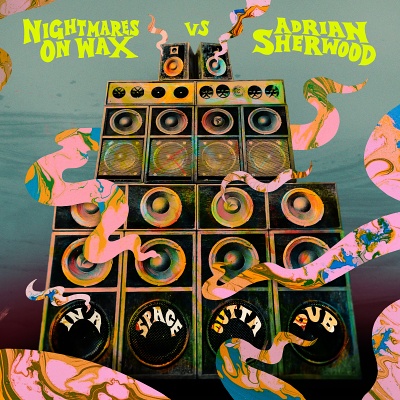
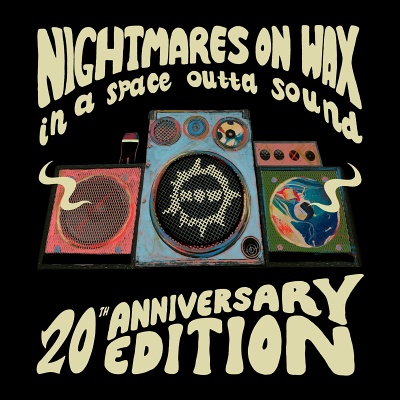

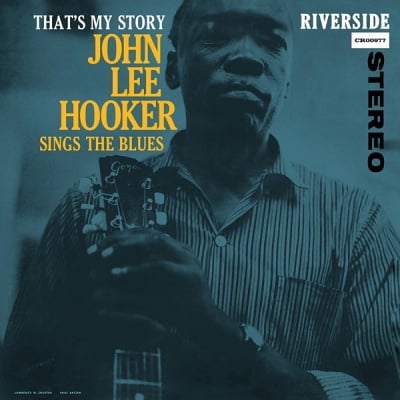


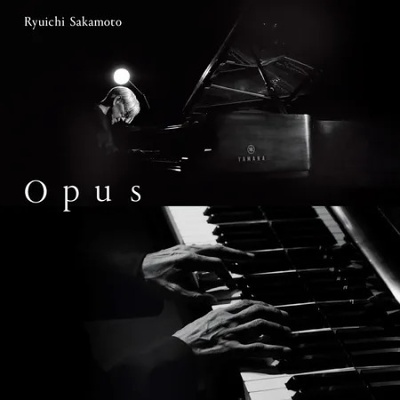

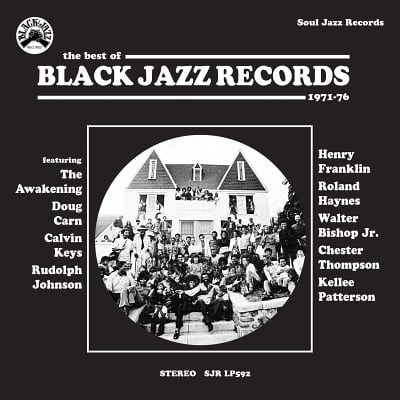
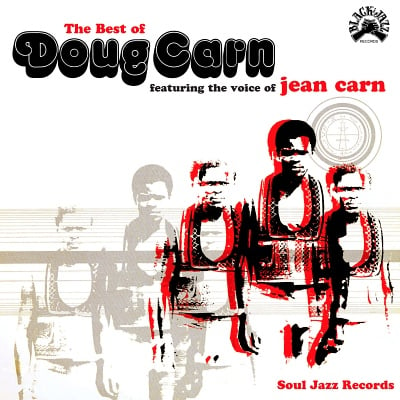

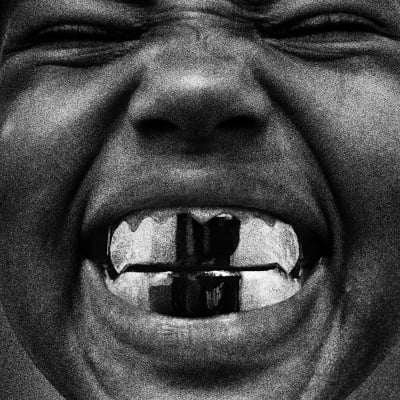
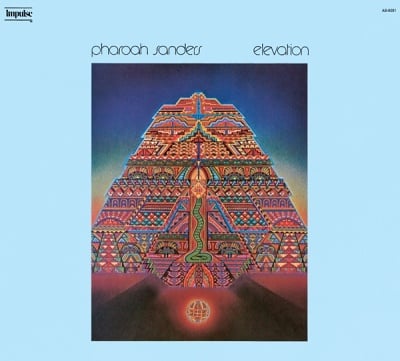
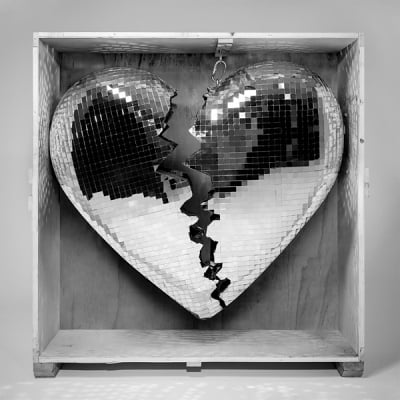

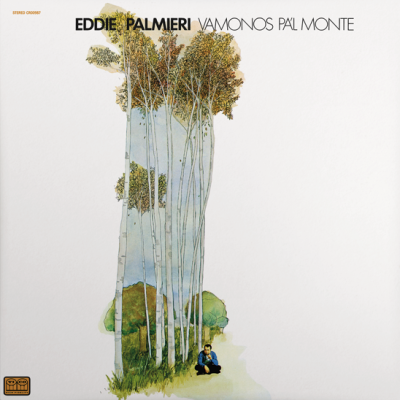
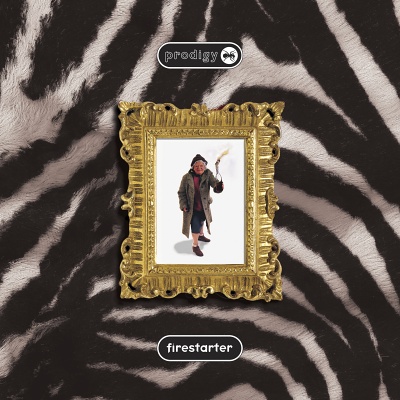
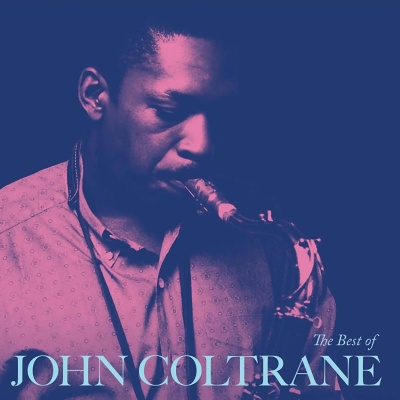
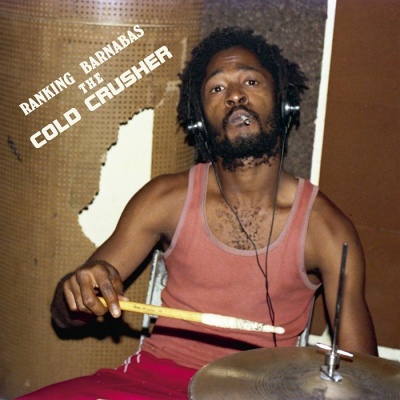

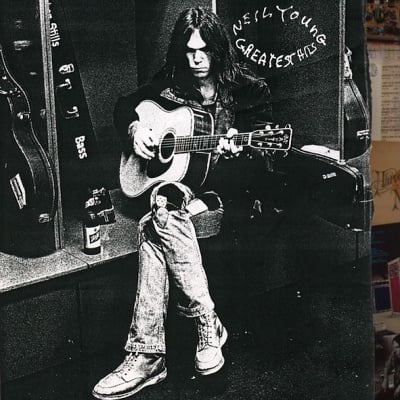
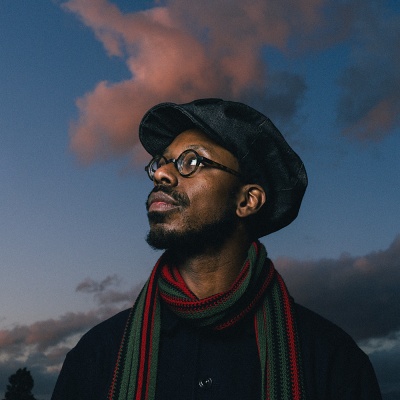
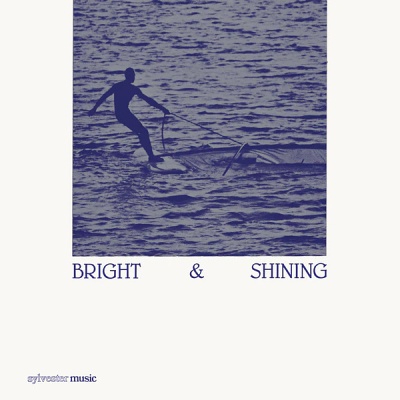
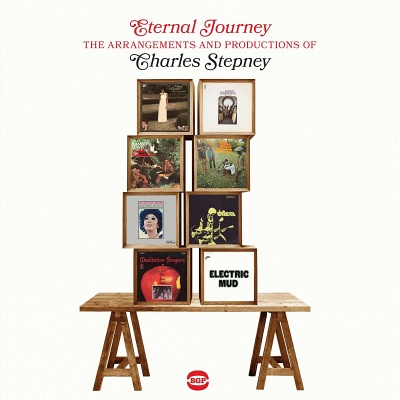

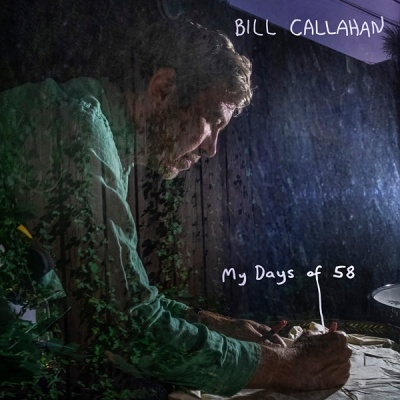

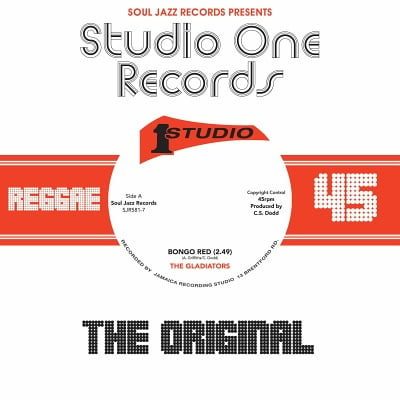
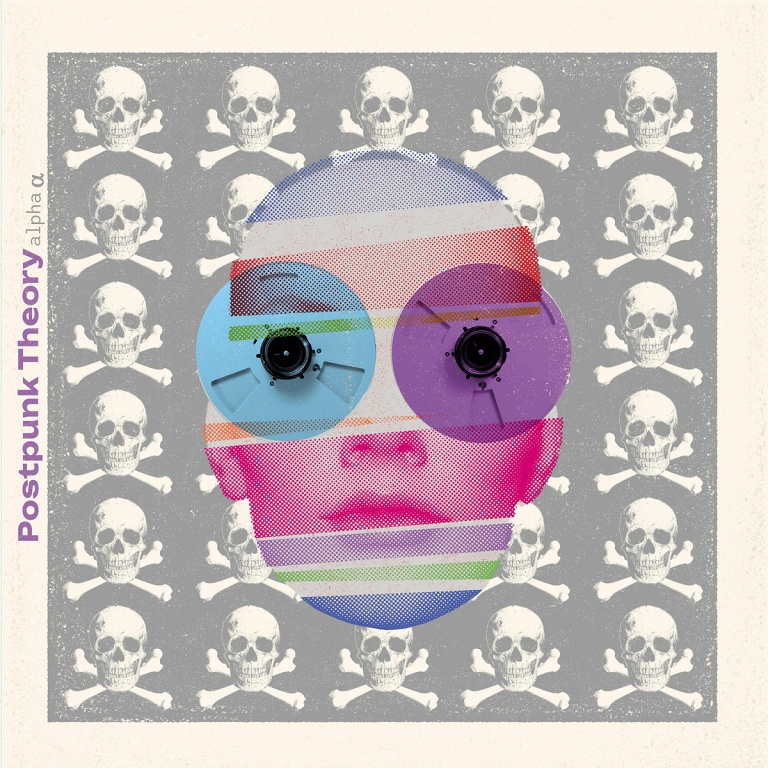
- 2×LP MPD045£35.99Out of stock Notify me when in stock
- – Basement 5 - Silicon Chip
- – Disconnection - Bali Ha'i (US Discomix)
- – A Certain Ratio - Shack Up
- – 23 Skidoo - Language
- – PIL - Home Is Where The Heart Is
- – Mark Stewart And The Maffia - Jerusalem
- – The Unknown Cases - Masimbabele (The Original Version)
- – Allez Allez - She's Stirring Up (Dub)
- – Animal Magic - Standard Man
- – Lifetones - Distance No Object
- – Snakefinger - I Gave Myself To You
- – Startled Insects - Overzoom
- – Maximum Joy - Silent Street / Silent Dub
- – African Head Charge - Throw It Away
- – EP-4 - Tide Gauge
- – 400 Blows - Declaration Of Intent
- 1. Basement 5 - Silicon Chip
- 2. Disconnection - Bali Ha'i (US Discomix)
- 3. A Certain Ratio - Shack Up
- 4. 23 Skidoo - Language
- 5. PIL - Home Is Where The Heart Is
- 6. Mark Stewart And The Maffia - Jerusalem
- 7. The Unknown Cases - Masimbabele (The Original Version)
- 8. Allez Allez - She's Stirring Up (Dub)
- 9. Animal Magic - Standard Man
- 10. Lifetones - Distance No Object
- 11. Snakefinger - I Gave Myself To You
- 12. Startled Insects - Overzoom
- 13. Maximum Joy - Silent Street / Silent Dub
- 14. African Head Charge - Throw It Away
- 15. EP-4 - Tide Gauge
- 16. 400 Blows - Declaration Of Intent
Defining post-punk is no easy task. While punk was defined by a raw, rebellious simplicity, post-punk (1978 - 1986) expanded into a diverse array of sounds and ideas. It maintained punk's independent spirit but embraced experimentation, incorporating influences from various musical and cultural traditions, resulting in a movement far more eclectic and fragmented than its predecessor.
At its core, post-punk broke away from traditional rock structures, blending genres like industrial, goth, and punk-funk with emerging dance music cultures. This era's spirit of innovation and defiance against musical norms continues to inspire, making post-punk a pivotal moment in music history that defies easy categorization.
Growing up in a vibrant musical environment in South London, Thorpe was deeply influenced by the eclectic sounds around him, from jazz-funk to Brit-Funk, and later, the post-punk records he discovered. As Thorpe recalls, "Post-punk was a mishmash of different cultures and ideas. Out of post-punk came dance music culture. That period was the most creative time because the culture was in its experimental phase."
This compilation captures that innovative spirit, offering a glimpse into the era that shaped Thorpe's musical journey.
- – Oby Onyioha - Raid Dem Jah
- – Alphonsus Idigo - Mystic World
- – Sheila & Des Majek - Mother Nature
- 6. – Oby Onyioha - Raid Dem Jah
- 10. – Alphonsus Idigo - Mystic World
- 11. – Sheila & Des Majek - Mother Nature
- View full info and tracklisting
- 2×LP LPSNDW162£28.99Expected 27 MarPreorder
- The Progressions – Live Only For Love
- The Progressions – Summertime Rock
- Freddie McKay – Solong Farewell
- Freddie McKay – Sunny Sunday Morning
- Barry Anthony – All I Need Is Love
- The Emotions – Love You Most Of All
- Freddie McKay – Watch Your Step
- The Emotions – This Old House
- The Progressions – Fair Deal
- The Progressions – Are You Ready
- Freddie McKay – Tears Won't Help You
- The Progressions – Ain't That Crude
- The Progressions – The Dum Dum Song
- 1. The Progressions – Live Only For Love
- 2. The Progressions – Summertime Rock
- 3. Freddie McKay – Solong Farewell
- View full info and tracklisting
- LP RFLP 02£29.00In stockAdd to Bag
- – Put It On
- – Doctor Dick
- – Rude Boy Gone Jail
- – Dancing Mood
- – Save A Bread
- – Darling I Love You
- – I've Got To Go Back Home
- – Dance All Night
- – Let The Little Girl Dance
- – Feel Good
- – See Them A Come
- – Won't You Come Home Baby
- – It's Raining
- – Somebody's Baby
- 1. – Put It On
- 2. – Doctor Dick
- 3. – Rude Boy Gone Jail
- View full info and tracklisting
- LP KOY008£21.00In stockAdd to Bag
- 2×LP VPRL4256£39.00In stockAdd to Bag
- LP VPRL4257£39.00In stockAdd to Bag
- – Miguel Atwood-Ferguson - Heaven
- – Pachyman - Sugar On My Tounge (Dub)
- – WITCH - Once In A Lifetime
- – Georgia Anne Muldrow - Girlfriend Is Better
- – Wu-Lu - Mind
- – Astronne - Psycho Killer
- – Kenny Dope - Born Under Punches (The Heat Goes On) (feat Roisin Murphy)
- – Liv E - I Zimbra
- – Aja Monet - The Book I Read
- – Rosie Lowe - Burning Down The House
- – Roge - Road To Nowhere
- – Vicky Farewell - And She Was
- – Florence Adooni - Crosseyed & Painless
- – Bilal - Seen & Not Seen
- – Theo Croker - Born Under (More) Punches (The Heat Goes On) (feat Theophilus London)
- – Dominique Johnson - Take Me To The River
- – Leon Jean-Marie - This Must Be The Place (Naive Melody)
- 1. – Miguel Atwood-Ferguson - Heaven
- 2. – Pachyman - Sugar On My Tounge (Dub)
- 3. – WITCH - Once In A Lifetime
- View full info and tracklisting
- 2×LP BBE424CLP£31.99In stockAdd to Bag
- 2×CD DB2CD173£17.00In stockAdd to Bag
- – Will Thomson/Paul Mottram - lectrospheres/Incandescence (Psychotropic Hopping Morning)
- – Paul Lewis - Hello Spring
- – Douglas Wood - Making Parts
- – Paul Lewis - Goodbye Autumn
- – Paul Lewis - Colourful Life Suite: Flowers
- – Peter Nicholas - Pastoral Reflections
- – Vince Cross - One Summer's Night
- – James Harpham - Slow Motion
- – James Harpham - Candle Flute/Mexican Motel
- – Cliff Johns - Man O'Vibes
- – James Harpham - Asian Dolls
- – James Harpham - Pastoral
- – James Harpham - Flower Garden
- – Liane Carroll - Sweet Dreams
- – Bob Cort - Humming Song
- – James Harpham - Flight Landing (Space Temple Midnight)
- – John Hyde, Andrew Procter - Promise Of Beauty
- – Trevor Nightingale - On The Wing
- – James Asher/Pete Willsher, Tony Kelly - Extra Silky/Funk Fobia
- – Trevor Nightingale - Wastelands
- – Stan Medcalf / Pete Giles, Sean Houchin - Computer Games/Night Trawler
- – James Asher - Asian Workload
- – John Brown - Slope Soaring
- – James Harpham - Star Blossom
- – David Stoll - Tight Corner
- – John Hyde, Andrew Procter - Private Thoughts
- – Harry Wild - Barcarolle Blues
- 1. – Will Thomson/Paul Mottram - lectrospheres/Incandescence (Psychotropic Hopping Morning)
- 2. – Paul Lewis - Hello Spring
- 3. – Douglas Wood - Making Parts
- View full info and tracklisting
- New LP (Coloured Vinyl) 7270008£31.99In stockAdd to Bag
- 2×LP BBE816CLP£29.99In stockAdd to Bag
- CD BBE816CCD£14.99In stockAdd to Bag
- – Alice Rozier & Little Joe - I'm Gonna Hold On To You
- – Alice Rozier & Little Joe - I Love You
- – Flintstones - Ruby
- – Flintstones - Flintstones
- – Thomas Bailey & The Flintstones Band - Flintstones Shuffle
- – Thomas Bailey & The Flintstones Band - I Need You (Most Of All)
- 1. – Alice Rozier & Little Joe - I'm Gonna Hold On To You
- 2. – Alice Rozier & Little Joe - I Love You
- 3. – Flintstones - Ruby
- View full info and tracklisting
- 3×7" ROC063£27.99In stockAdd to Bag
- New LP (Coloured Vinyl) 19958408091£26.99'Sea Blue Smoke' coloured vinyl.In stockAdd to Bag
- CD 19802973202£13.99In stockAdd to Bag
- 2×LP VAMPI341£38.99In stockAdd to Bag
- – Tito Puente Y Su Conjunto - Cuando Suenan Los Tambores
- – Orquesta America Del 55 - Calletana
- – Alfonsin Quintana Y Su Conjunto Jovenes Del Cayo - Dulce Con Dulce
- – Cheo Marquetti - Caramelo A Kilo
- 3. – Tito Puente Y Su Conjunto - Cuando Suenan Los Tambores
- 4. – Orquesta America Del 55 - Calletana
- 5. – Alfonsin Quintana Y Su Conjunto Jovenes Del Cayo - Dulce Con Dulce
- View full info and tracklisting
- LP GR039£28.99In stockAdd to Bag
- LP AKENAT6£25.99In stockAdd to Bag
- – Claude Young - Aquatic Collage
- – Molinaro - Sabtal
- – Other Lands - Energy (Replenished)
- – Zopelar - Estrela
- – Jordan GCZ - I Said What I Said
- – EDB - Dream Rivers
- – Volcov - The Pavilion
- – Joe Claussell - A Gentle Gesture
- – Lars Bartkuhn - Born Again (Instrumental)
- – Meftah - 7
- – Stephen Lopkin - Pigment (Part 1)
- – Nu Era - Lost Seven
- 1. – Claude Young - Aquatic Collage
- 2. – Molinaro - Sabtal
- 3. – Other Lands - Energy (Replenished)
- View full info and tracklisting
- 2×LP NERO064£35.99In stockAdd to Bag
- – If You Were Mine (Version 2)
- – Rockin' It In The Pocket (Instrumental)
- – What's In It For Me (Short Mix)
- – Out To Get You (Demo)
- – Love Robots (Version 2)
- – Knock Knock (Demo)
- – Flaunt It
- – Dance 2000
- 1. – If You Were Mine (Version 2)
- 2. – Rockin' It In The Pocket (Instrumental)
- 3. – What's In It For Me (Short Mix)
- View full info and tracklisting
- 2×12" PASTDUELP020£32.99In stockAdd to Bag
- – Platinum Doll - Believe In A Brighter Day (feat PY Anderson) (Micky More & Andy Tee Remix)
- – Key To Life - Forever (feat Sabrina Johnston) (Michael Gray Remix)
- – Deep Zone It's Gonna Be Alright (Help Is On The Way) (feat Ceybil Jefferies) (The Mike & Matty Show)
- – Jazz-N-Groove Keep Givin' Me Love (The Groove Mix)
- 1. – Platinum Doll - Believe In A Brighter Day (feat PY Anderson) (Micky More & Andy Tee Remix)
- 2. – Key To Life - Forever (feat Sabrina Johnston) (Michael Gray Remix)
- 3. – Deep Zone It's Gonna Be Alright (Help Is On The Way) (feat Ceybil Jefferies) (The Mike & Matty Show)
- View full info and tracklisting
- 12" SU87£14.99In stockAdd to Bag
- Book (300g)£12.99In stockAdd to Bag
- Magazine (300g) WJMAG17£18.99128 pages, 170 x 240 mm in size and printed on 140g Edixion paper with laminated 300g Invercote covers.In stockAdd to Bag
- – Mitch Frohman’s Latin Jazz Quartet - Accents Con Ritmo
- – Tito Puente and his Orchestra - Oye Como Va
- – The Bronx Horns - Catch the Feeling
- – Tito Puente’s Top Percussion Ensemble - Rhumba Abierta 1
- – Mitch Frohman’s Latin Jazz Quartet - Cha Cha with the Bronx Horn
- – Tito Puente and his Orchestra - Generation del 80
- – The Bronx Horns - Mitch’s Mambo
- – Tito Puente’s Top Percussion Ensemble - Rhumba Abierta 2
- 1. – Mitch Frohman’s Latin Jazz Quartet - Accents Con Ritmo
- 2. – Tito Puente and his Orchestra - Oye Como Va
- 3. – The Bronx Horns - Catch the Feeling
- View full info and tracklisting
- New LP (Coloured Vinyl)£22.00Limited clear vinyl editionIn stockAdd to Bag
- – Ranking Dub
- – Jahoviah Dub
- – Aggro Dub
- – Bitter Dub
- – Revenge Dub
- – Repatriation Dub
- – Chapter Two
- – Dreader Dub
- – College Dub
- – Afrika Dub
- 1. – Ranking Dub
- 2. – Jahoviah Dub
- 3. – Aggro Dub
- View full info and tracklisting
- LP LAP 12£16.00In stockAdd to Bag
- 2×12" DTRV010£32.99In stockAdd to Bag
- LP NONCLSS069£30.99In stockAdd to Bag
- LP MALP002£25.99Out of stock Notify me when in stock
- CD MACD002£12.99In stockAdd to Bag
- 2×12" PUREMMLP3£32.99In stockAdd to Bag
- New 2×LP (Coloured Vinyl) MRBLP332£35.99'Transparent Blue & Orange' coloured vinyl.In stockAdd to Bag
- LP 5060571363862£25.99In stockAdd to Bag
- LP DEATH090LP£30.99In stockAdd to Bag
- 2×LP BBE585CLP£29.99Out of stock Notify me when in stock
- CD BBE585CCD£14.99In stockAdd to Bag
- Book (350g)£12.99In stockAdd to Bag
- Book (350g)£13.99In stockAdd to Bag
- 2×LP HVNLP237£32.99In stockAdd to Bag
- 2×CD HVNLP237CD£14.99Out of stock Notify me when in stock
- – Fatimah Razak - Dahaga
- – Black Brothers - Mangge Mangge
- – Marini & The Steps - Kuingin Dekatmu
- – Tian Niu - Deng Ni Zai Yu Zhong
- – The Rollies - Disco
- – Regalado - Pinoy Funk
- – John Philips & The Steps - Ayo Ke Disco
- – Aria Yunior - Salah Tingkah
- – Ahmadi Hassan - Habibi (Mari Bersatu)
- – Pongsri Woranuch - Aew...Phu Chai
- 1. – Fatimah Razak - Dahaga
- 2. – Black Brothers - Mangge Mangge
- 3. – Marini & The Steps - Kuingin Dekatmu
- View full info and tracklisting
- LP 5060571362544£26.00In stockAdd to Bag
- New LP SNDWLP165£20.00In stockAdd to Bag
- – Ojinga's Own
- – No Intention
- 1. – Ojinga's Own
- 11. – No Intention
- View full info and tracklisting
- LP SNDWLP170£20.00Out of stock Notify me when in stock
- – Dear Fool
- – Igloo
- – Nothing New
- – I Won't Get My Feet Wet Again
- – Who Is India ?
- – Let Me Not Put You Down
- – Only A Week Away
- – Playing Is No Song
- – You're So Right, September
- – The Weeds In The Yard
- – Rolling Back
- – Frog In The Jam
- – Rincón de Luna
- – Voices
- 1. – Dear Fool
- 2. – Igloo
- 3. – Nothing New
- View full info and tracklisting
- LP + 7" SJRLP537£28.00In stockAdd to Bag
- CD SJRCD537£12.00In stockAdd to Bag
- MP3 Release SJRD537£9.99In stockAdd to Bag
- – We Cookin Now
- – Opinion Rated R
- – Black Thanxx (Instrumental)
- 1. – We Cookin Now
- 2. – Opinion Rated R
- 3. – Black Thanxx (Instrumental)
- View full info and tracklisting
- 12" PHONOGRAMME53£17.99Out of stock Notify me when in stock
- – Beyond The Atmosphere
- – Inner Movement
- – Jungle Frenzy
- – In The Clubhouse
- – Midnight Echo
- – Sounds Of The Backroom
- – Viva Cherating
- – Lost In PDMC
- 1. – Beyond The Atmosphere
- 2. – Inner Movement
- 3. – Jungle Frenzy
- View full info and tracklisting
- 2×LP ASGDE049LTD£27.99Out of stock Notify me when in stock
- – Crystal Plateaux
- – Express (Phenomyna remix)
- – Do You Remember
- – A Face At The Door
- – Revealed to None
- – Out Of The Unknown (Alt Version)
- – So-lar (Alt version)
- 1. – Crystal Plateaux
- 2. – Express (Phenomyna remix)
- 3. – Do You Remember
- View full info and tracklisting
- 2×12" ASGDE047£28.00Out of stock Notify me when in stock
- – Elektronisches Zeitecho
- – Mathematische Modelle
- 1. – Elektronisches Zeitecho
- 2. – Mathematische Modelle
- View full info and tracklisting
- 12" CAL003£17.99Out of stock Notify me when in stock
- – You Could Be More As You Are
- – Invitation
- – Little Sister
- – More Women
- 1. – You Could Be More As You Are
- 2. – Invitation
- 3. – Little Sister
- View full info and tracklisting
- New 2×LP (Coloured Vinyl) CT181LPC4£39.99Out of stock Notify me when in stock
- – Rough Out Here
- – Head On Collision With Heartbreak
- – Love At Last
- – I’ll Always Love You
- – I’m Hopelessly In Love
- – I Can’t Fight Your Love
- – Worth Your Weight In Gold
- – Those Were The Best Days Of My Life
- – Share What You Got, Keep What You Need
- 1. – Rough Out Here
- 2. – Head On Collision With Heartbreak
- 3. – Love At Last
- View full info and tracklisting
- New LP (Coloured Vinyl) MOVLP3651C£32.99Out of stock Notify me when in stock
- New LP (Coloured Vinyl) MOVLP3643C£29.99Out of stock Notify me when in stock
- – Dudu Moraes - Eloia
- – Yvette - Upa Neguinho
- – As Sublimes - Mangueira E Cancao
- – Os Panteras - O Espaco
- – Chico Evangelista - Frutas & Linguas
- – Roman Andren - Captain's Sword
- – Romeu Fernandes - Nago Nae
- – Conjunto de Percussao Dora Pinto - Noite de Temporal
- – Gitte & Inger - Ud Af Buret (Can't Hide Love)
- – Truth & Devotion - Bless My Soul
- – Judson Moore - Everybody Push And Pull
- – Willy Chirino - Africa
- – Chain Reaction - Search For Tomorrow
- – Claude Jay - Find Your Light
- – The Shades of Love - Come Inside
- – The Duncans - Too Damn Hot
- – Thandi Zulu & The Young Five - Love Games
- – Tony Wilson - Hangin' Out In Space (Dub Mix)
- – JC Lodge - In Between The Sheets
- – SOYUZ featuring Asha Puthli & Sven Wunder - Spring Has Sprung
- 1. – Dudu Moraes - Eloia
- 2. – Yvette - Upa Neguinho
- 3. – As Sublimes - Mangueira E Cancao
- View full info and tracklisting
- New 2×LP (Coloured Vinyl) MRBLP304P£24.99Out of stock Notify me when in stock
- CD MRBCD304£11.99Out of stock Notify me when in stock
- – Hearts Desire
- – Holding You Loving You
- – Let Your Concience Be Your Guide
- – Since Youve Been Away So Long
- – Never Miss A Thing
- 2. – Hearts Desire
- 3. – Holding You Loving You
- 6. – Let Your Concience Be Your Guide
- View full info and tracklisting
- LP 0196588220418£40.00In stockAdd to Bag
- New LP MOVLP3639R£30.00Out of stock Notify me when in stock
- – Afro Oriental - Lucho Burbano
- – Cumbia De Los Bee Gees - Cumbia Machuca
- – El Tequilazo / Canelazo - Lucho Gavilanes
- – Palenque - Carlos Haayen Y Su Piano Candeloso
- – La Quinta Sinfonia de Beethoven - Enrique Lynch
- – Venus - Los Pakines
- – Lamento de Cumbia - La Protesta de Colombia
- – Ritmo de Cumbia - Sonora Tropical
- – La 3a De Los Toquecitos - Eduardo Zurita
- – La Noche - Leon Cardona y Los Internacionales
- – El Compae Nuñez - El Combo Cienaguero
- – La Luna Y El Pescador - Gabriel Meza Y Su Organo Chévere
- – Tanto Tienes, Tanto Vales - Los Destellos
- – A Bailar El Son Satanico - Los Diablos Rojos
- – Cumbia Tropical - Anibal
- – Hagan Rueda - Camacho y Cano
- – Eso Es Con Vela - Orquesta "Rafalo"
- – Cumbia Del Amor - Alex Acosta Y Su Orquesta
- – Malinga - Ramon Ropain
- – Platico Chino - Afrosound
- – La China María - Los Destellos
- – Te Gusta Como Azucar - Los Orientales de Paramonga
- – Cumbia Candelosa - Francisco Zapata
- 1. – Afro Oriental - Lucho Burbano
- 2. – Cumbia De Los Bee Gees - Cumbia Machuca
- 3. – El Tequilazo / Canelazo - Lucho Gavilanes
- View full info and tracklisting
- 2×LP AALP099£30.99Out of stock Notify me when in stock
- CD AACD099£21.99Out of stock Notify me when in stock
